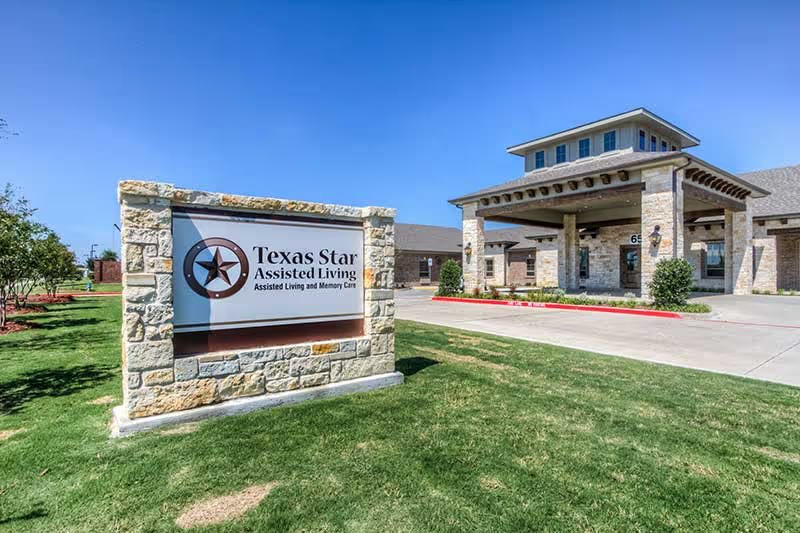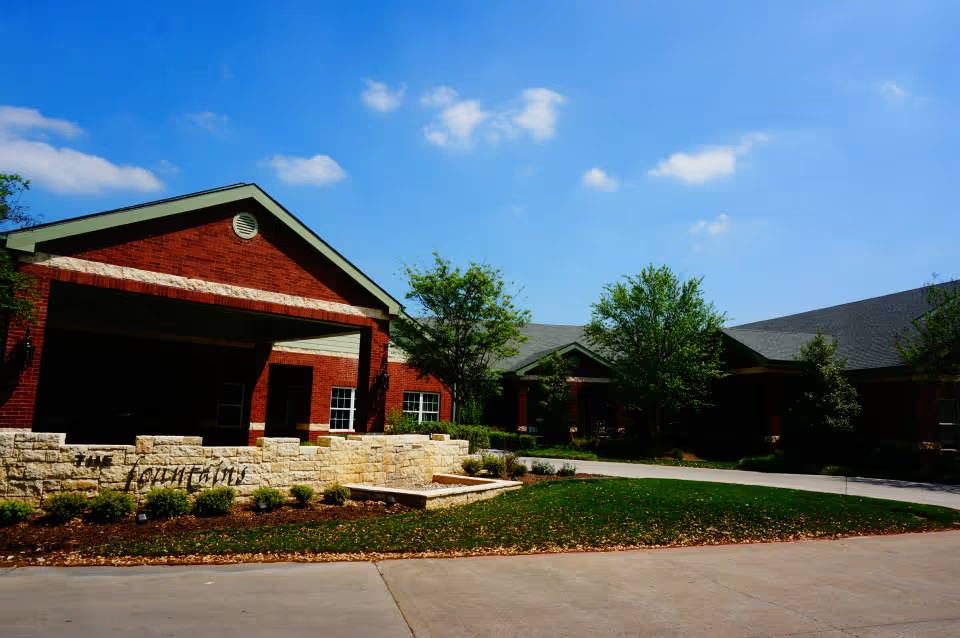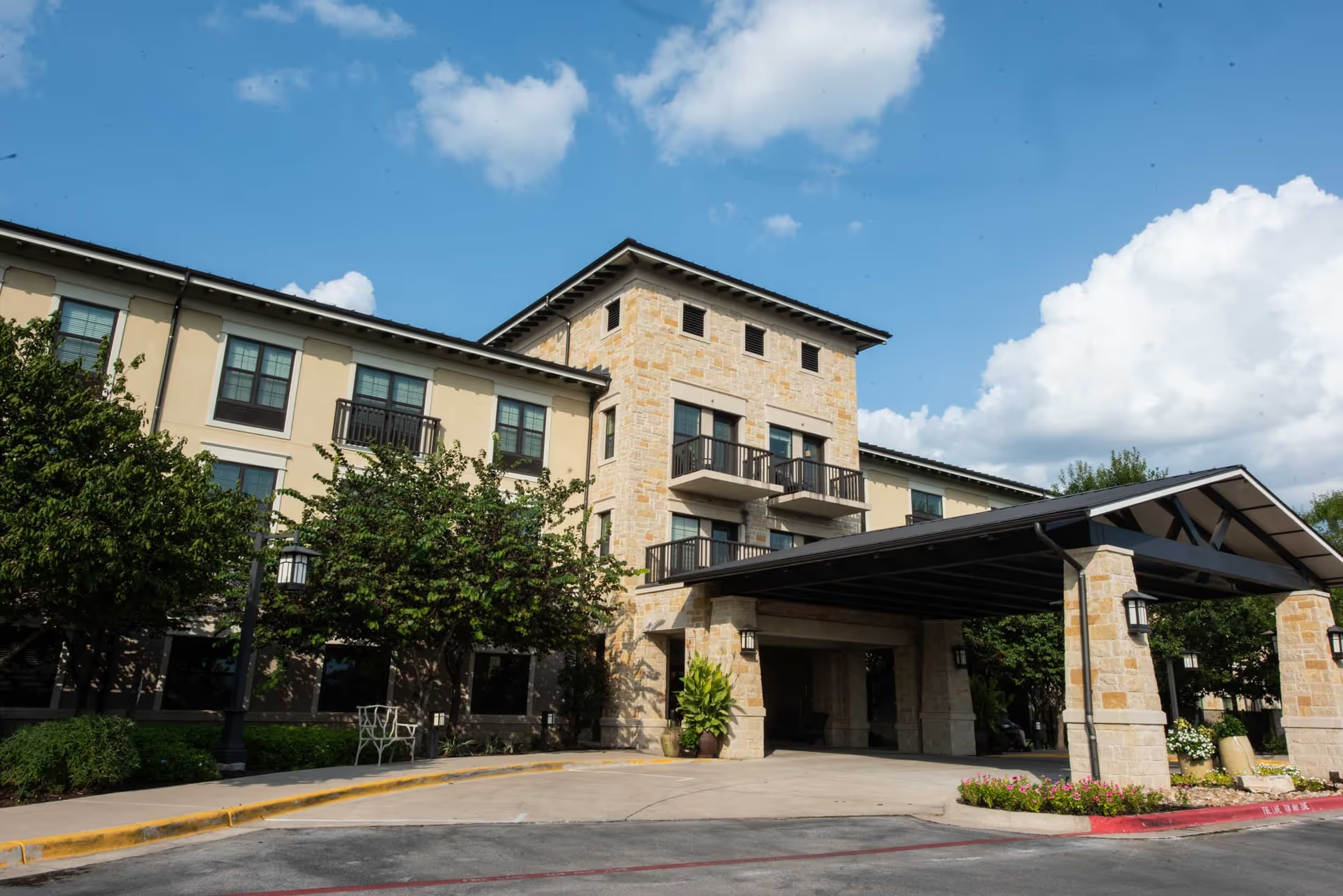Overall sentiment about Brookdale Collin Oaks is mixed and highly variable: many reviewers praise the staff, activities, cleanliness of common areas, and social opportunities, while a substantial subset report serious operational and clinical concerns. The most consistent positive themes are the personal qualities of many staff members and the breadth of activities and communal life. Numerous reviews highlight compassionate caregivers, standout individuals (activities directors, front-desk staff, administrators), frequent social programming, gardening and outdoor courtyards, and sizeable common spaces that foster social engagement. Several reviewers report that therapy and on-site medical services are useful and that the facility can provide a reassuring, home-like environment for many residents.
However, those positives coexist with recurrent, significant criticisms around staffing, clinical care, dining, and safety. Understaffing and low caregiver-to-resident ratios are a dominant theme: reviewers report too few caregivers (especially on weekends and nights), scheduling that draws staff across multiple Brookdale locations and undermines morale, and variability in coverage that leads to slow responses, missed call lights, delayed assistance, and reports of falls during attempted help. These staffing shortfalls link directly to other serious complaints — medication management errors (missed doses, late meds, incorrect dosing), delayed pain relief, missed diagnoses (such as UTIs), and inconsistent clinical monitoring — which have prompted family concern and, in some accounts, moves to other facilities.
Dining and nutrition emerge as another polarizing area. Some residents and families praise the restaurant-style dining and very good meals, but many reviews cite a decline in food quality, limited menu variety, inappropriate or starch-heavy options, supply shortages, and instances where advertised meal/snack availability (24/7 snacks) was not met. Several reviewers noted a new chef and some improvements after early problems, indicating fluctuation over time rather than consistent performance. Cleanliness and odor issues are intermittent but notable: while many common spaces and units are described as clean and well-maintained, multiple reports of room odors (urine, sewage), poor laundry/linen handling, and sanitary lapses were recorded.
Safety, security, and memory care suitability are important and mixed concerns. Physically the property offers positives: secure courtyards, single-story layout, and gated memory-care sections for some residents. Yet reviewers raised safety issues including doors left open on a busy intersection, alarms that do not always prevent exit, lack or delay of emergency pendants/Life Alert, and sporadic front-desk coverage. Memory care is described by several as smaller and limited to advanced dementia; some families felt the MC unit was excellent and compassionate, while others found it inadequate for early-stage sundowning or wandering risk and recommended relocation to another Brookdale property with a larger or better-equipped memory care program.
Administration and communication show a bifurcated pattern: many families praise accessible administrators who respond quickly, organize transportation, and handle transitions well, while others recount poor family communication, lost paperwork at move-in, billing discrepancies, and even instances where palliative or other medications were prescribed without contacting the family. Post-mortem processes were criticized in some reports (delays moving belongings, calls made after a parent passed), and a subset of reviewers perceived a corporate Brookdale culture or management changes that contributed to staff turnover and service decline.
The physical environment is a mix of strengths and drawbacks. Reviewers frequently note that rooms are larger than average though often dated; some recently remodeled rooms and updated areas were praised. Amenities — beauty shop, therapy room, workout area, library, TV/game rooms, and an inviting dining area — are highlighted repeatedly. Yet the facility’s older feel and occasional nursing-home vibe are off-putting to some, and room size varies considerably across unit types, with shared rooms and small studios being a pain point for certain families.
In summary, Brookdale Collin Oaks receives strong, consistent praise for the interpersonal aspects of caregiving and the vibrancy of its activities and community life. Those who emphasize these strengths felt confident recommending the community. At the same time, frequent operational issues — chronic understaffing, inconsistent clinical care and medication management, variable dining quality, cleanliness/odor complaints, safety concerns around wandering and emergency response, and uneven administrative communication — create substantial risk and dissatisfaction for a noteworthy number of residents and families. Prospective residents should weigh the strong social programming and many individual staff who go above and beyond against the documented variability in clinical oversight, staffing levels, and facility management. Families with complex medical needs, high medication regimens, advanced dementia with wandering or sundowning, or strict expectations about food and cleanliness should investigate current staffing ratios, medication protocols, safety systems (pendants, door alarms, monitoring), and recent management actions before committing. Conversely, those prioritizing activity engagement, friendly interpersonal care, and outdoor/community amenities may find Collin Oaks to be a good fit, particularly if they confirm stable staffing and recent improvements during an in-person tour and follow-up conversations with leadership.







